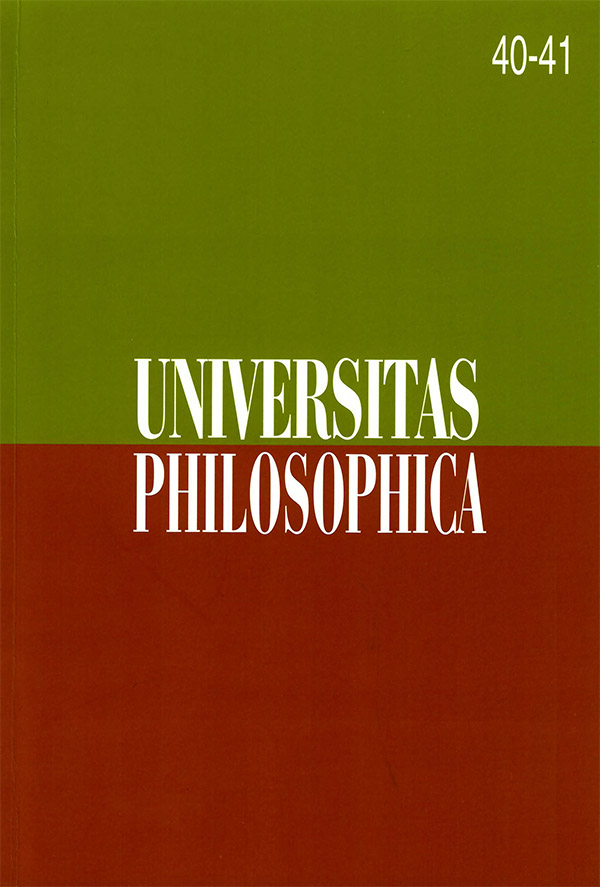The Naturalistic Fallacy and the Open-Question Argument
##plugins.themes.bootstrap3.article.details##
Abstract
In the realm of ethics, the objections that G. E. Moore makes to ethical naturalism are well known. His influence in this field during the last fifty years has been well recognized. Moore bases his critique on two central points: 1. The simplicity and non-natural character of goodness; and 2. The clever semantic argument called: the `open-question' Recently, some critics have associated the Moorean arguments with 'Hume's Law' that argues the impossibility of deriving moral conclusions from non-moral premises, with the purpose of proving the autonomous ontological character of ethics. This article aims to explain such critiques of ethical naturalism while, at the same time, demonstrating that they are erroneous from their foundations. This is because their propositions confuse various spheres of ethical research i.e., incur on a `category mistake', supported further on erroneous interpretations of naturalistic objectives.
Keywords
Moore, ethical naturalism, the naturalistic fallacy, the open-question argument, Hume's LawMoore, naturalismo ética, falacia naturalista, argumento de la pregunta abierta, Ley de Hume
References
How to Cite
Martínez, M. (2014). The Naturalistic Fallacy and the Open-Question Argument. Universitas Philosophica, 20(40-41). Retrieved from https://ojspuj.repositoriodigital.com/index.php/vniphilosophica/article/view/11347
Issue
Section
Articles


